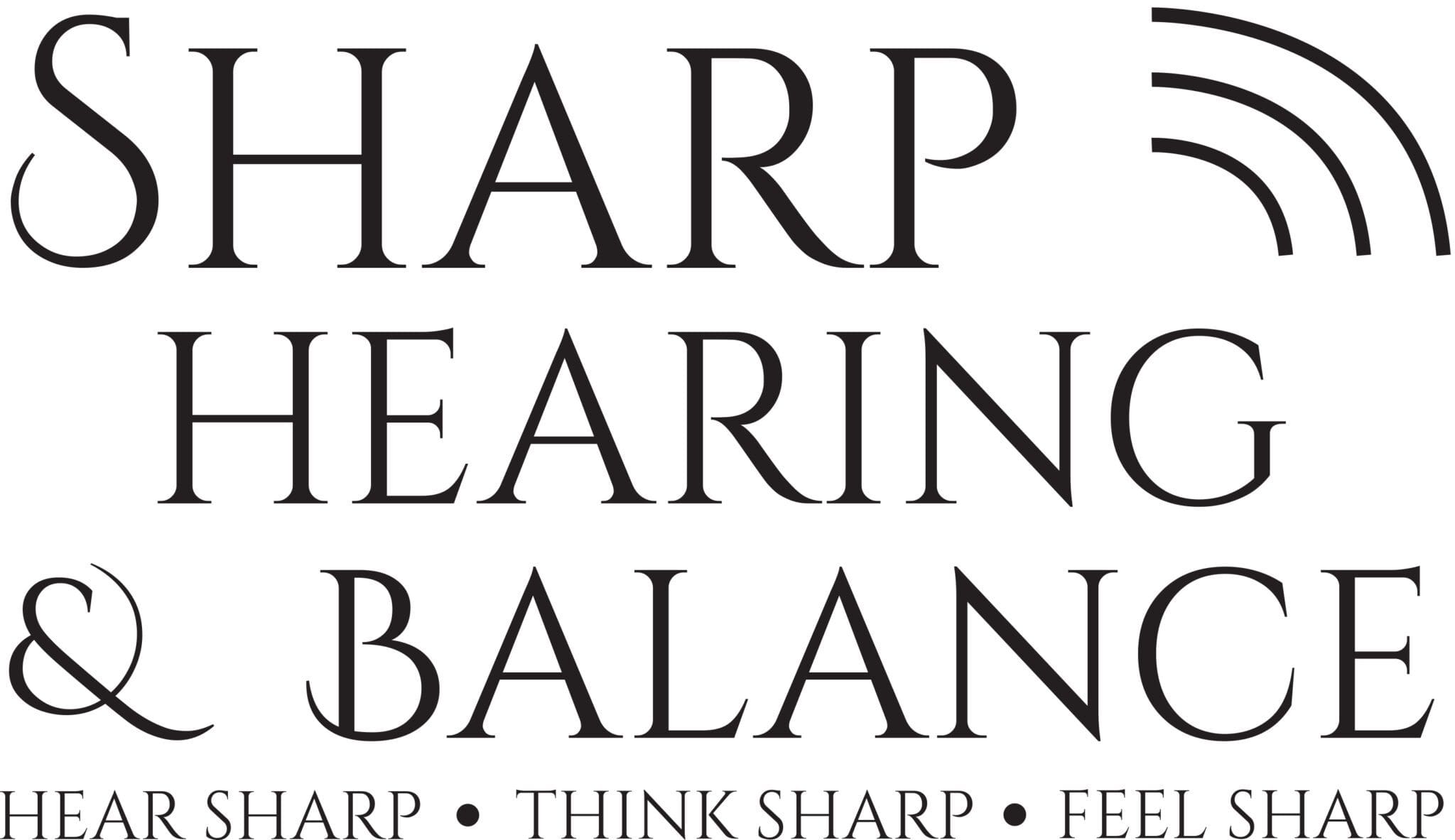What We Do
You have a hearing loss. We have a solution.
Hearing Aids
Improving the quality of life for millions of Americans.
Hearing Testing
Our goal is to solve your hearing problems. Our testing helps us to do just that.
Tinnitus
Unwanted noises in your ears can dramatically impact your quality of life.
Balance Services
We are a proud American Institute of Balance Center of Specialty Care to help with all your balance needs.
Pediatrics
A page for our littlest patients who have their own unique needs.
Other Hearing Services
Hearing Aid Repair
Repairs may be needed in order to keep your hearing aids working smoothly. Most repairs are simple to diagnose and fix.
Hearing Aid Cleaning
We recommend returning every 6 months for service to keep your hearing aids in peak working condition.
Aural Rehabilitation
We provide different types of therapies to patients with hearing
Custom Earmolds
Sometimes one size fits all earmolds don’t fit. A
More About Earmolds
We Offer a Full Range of Custom Earmolds for Any Purpose Including:
- In Ear Stage Monitors for Musical Professionals
- Head Sets For Air Traffic Control and Pilots
- Telephone Receptionists and Dispatchers
- Bluetooth Cellphone and Stereo Headsets
We Also Offer Custom Ear Protection For:
- Sleep
- Water Sports
- Noisy Work Environments
- Hunter’s
Musicians as well as music enthusiasts are benefited by custom music enhancement ear devices such as:
- Two to five driver In Ear Stage Monitors
- MP3 player custom ear fittings.
- Award winning EARASERS musicians earplugs
Assistive Devices
The term can refer to any device that helps a person with hearing
More about ALD's
Assistive Listening Systems:
- Devices Which Enhance TV Listening
- Amplified Telephones
- Wireless FM Systems for Distance and Noise-Free Hearing
- Wake-Up And Alert Systems
- Loud Alarm Clocks That Will Flash Lights and Vibrate Pillows
- Cordless Telephones With 40 dB Loudness Gain and Caller ID
- Sennheiser Wireless TV Listening System
Getting Started is Easy
Free Phone Consultation
We can answer many simpler questions over the phone.
Book Appointment
Call us or send us an email to schedule an appointment.
Meet the Doctor!
Call our office and schedule a time for a free hearing screening.
Frequently Asked Questions
Why am I losing my hearing?
Hearing loss happens for different reasons. Many people lose their hearing slowly as they age. This condition is known as presbycusis. Doctors do not know why presbycusis affects some people more than others, but it seems to run in families. Another reason for hearing loss with aging may be years of exposure to loud noise. This condition is known as noise-induced hearing loss. Many construction workers, farmers, musicians, airport workers, yard and tree care workers, and people in the armed forces have hearing problems even in their younger and middle years because of too much exposure to loud noise. Hearing loss can also be caused by viral or bacterial infections, heart conditions or stroke, head injuries, tumors, and certain medicines.
What is an audiologist?
An audiologist is a professional who diagnoses and treats hearing and balance problems. With an advanced degree from a university, audiologists are able to diagnose, manage and treat hearing and/or balance.
Is it possible to lose your hearing suddenly?
Approximately 4,000 new cases of sudden deafness occur each year in the United States. Hearing loss affects only 1 ear in 9 out of 10 people who experience sudden deafness. Only 10 to 15 percent of patients with sudden deafness know what caused their loss.
What is age related hearing loss?
Presbycusis, or age-related hearing loss,
Is there a connection between hearing loss and age?
There is a strong relationship between age and reported hearing loss: 18 percent of American adults 45-64 years old, 30 percent of adults 65-74 years old, and 47 percent of adults 75 years old or older have a hearing loss.
Get in Touch
Ask a question or schedule an appointment below.
